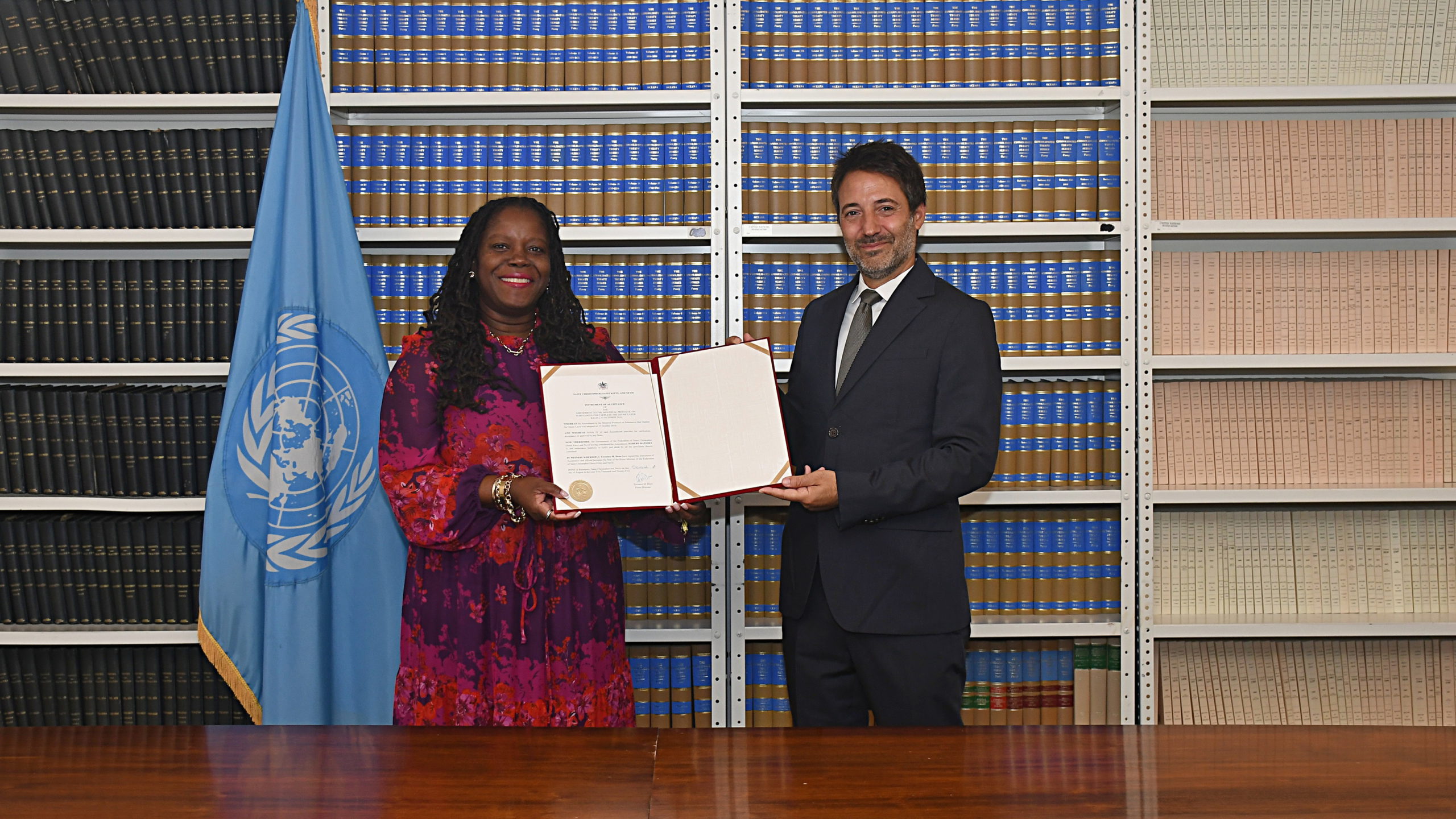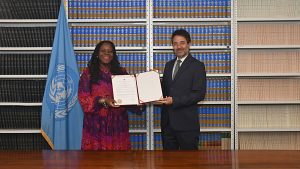Sustainable Development Zones in Nevis: Balancing Innovation and Integration.
The Special Sustainability Zones (SSZ) Act recently passed in Nevis has sparked heated debate, raising concerns about the potential for these zones to become isolated enclaves for the ultra-wealthy, reminiscent of Jeffrey Epstein’s Little St. James. While proponents tout the SSZ framework as a catalyst for economic diversification, job creation, and sustainable development, critics fear a loss of sovereignty and democratic control, with potential for displacement of citizens and prioritization of private interests over public good. Premier Mark Brantley emphasizes the built-in safeguards, including parliamentary oversight, independent economic analysis, and developer-funded infrastructure, while opponents like Dr. Kelvin Daly warn of the risks of ceding control of large tracts of land to billionaires who may operate with their own internal rules and security forces. The crux of the debate lies in balancing the potential economic benefits with the need for robust oversight and transparency to prevent the emergence of de facto private states.
The comparison to Epstein’s Little St. James, while not a direct parallel as it wasn’t an economic zone, serves as a cautionary tale. The island’s extreme seclusion, private security force, jurisdictional complexities, under-resourced regulators, pervasive non-disclosure agreements, and vulnerable workforce created an environment ripe for abuse. To avoid similar pitfalls, Nevis must implement stringent measures within the SSZ framework. These include guaranteeing public access to shorelines and easements, imposing strict licensing standards and mandatory body-cam policies for private security, ensuring the supremacy of federal law, providing adequate funding and unannounced inspection powers for regulators, implementing whistleblower protections, and establishing robust labor protections and welfare checks for workers. These measures are crucial to prevent the SSZ from becoming a breeding ground for unchecked power and potential exploitation.
The SSZ bill, while promising preconditions like independent economic analyses, developer-funded utilities, renewable energy targets, and independent oversight bodies, still leaves room for concern. Gaps exist regarding the balance of power between private security and the police force, the extent of inspection powers, the transparency of agreements tabled in Parliament, the robustness of safeguarding measures against trafficking and exploitation, the degree of community interaction, and the scope of dispute resolution mechanisms. Critically, the selection process and funding for the oversight body must be transparent and independent to ensure genuine accountability. Filling these gaps is crucial to building public trust and ensuring the SSZ operates within the bounds of democratic governance.
A comprehensive checklist is crucial for ensuring the SSZ operates ethically and transparently. This checklist should include: affirming police primacy and establishing operational MOUs with relevant agencies, granting unannounced inspection powers with penalties for obstruction, guaranteeing public access and limiting perimeter controls, implementing a robust code against trafficking and exploitation, extending whistleblower protections, establishing rigorous licensing standards for security personnel, mandating open data reporting, protecting labor rights, implementing child protection protocols, requiring conflict-of-interest disclosures, establishing a beneficial ownership registry, and creating an independent oversight authority with bipartisan appointments and secure funding. These measures will ensure accountability and prevent the SSZ from operating as a separate entity outside the reach of established legal and regulatory frameworks.
Nevis has the opportunity to leverage the potential economic benefits of the SSZ while mitigating the inherent risks. The key lies in prioritizing transparency, empowering regulatory bodies, and fostering community integration. By embracing these principles, Nevis can create a high-value, sustainable economic zone that benefits both investors and the community. Failure to do so risks creating an exclusive enclave, undermining public trust and potentially inviting the very abuses the SSZ framework seeks to avoid. The overarching goal must be to ensure the SSZ operates within a framework of integrity, benefiting all stakeholders and contributing positively to Nevis’ development.
Moving forward, citizens of St. Kitts and Nevis should demand greater transparency and accountability from their government. This includes publishing the draft model development agreement, disclosing the proposed oversight body and selection process, codifying inspection powers and police primacy in the regulations, requiring public access maps and right-of-way plans, and setting a concrete timeline for the first public oversight report. By engaging actively in this process, citizens can ensure that the SSZ serves the public good and does not morph into a private enclave operating outside the purview of democratic governance. The ultimate success of the SSZ hinges on striking a balance between attracting investment and upholding the principles of transparency, accountability, and community well-being.
Share this content:









Post Comment